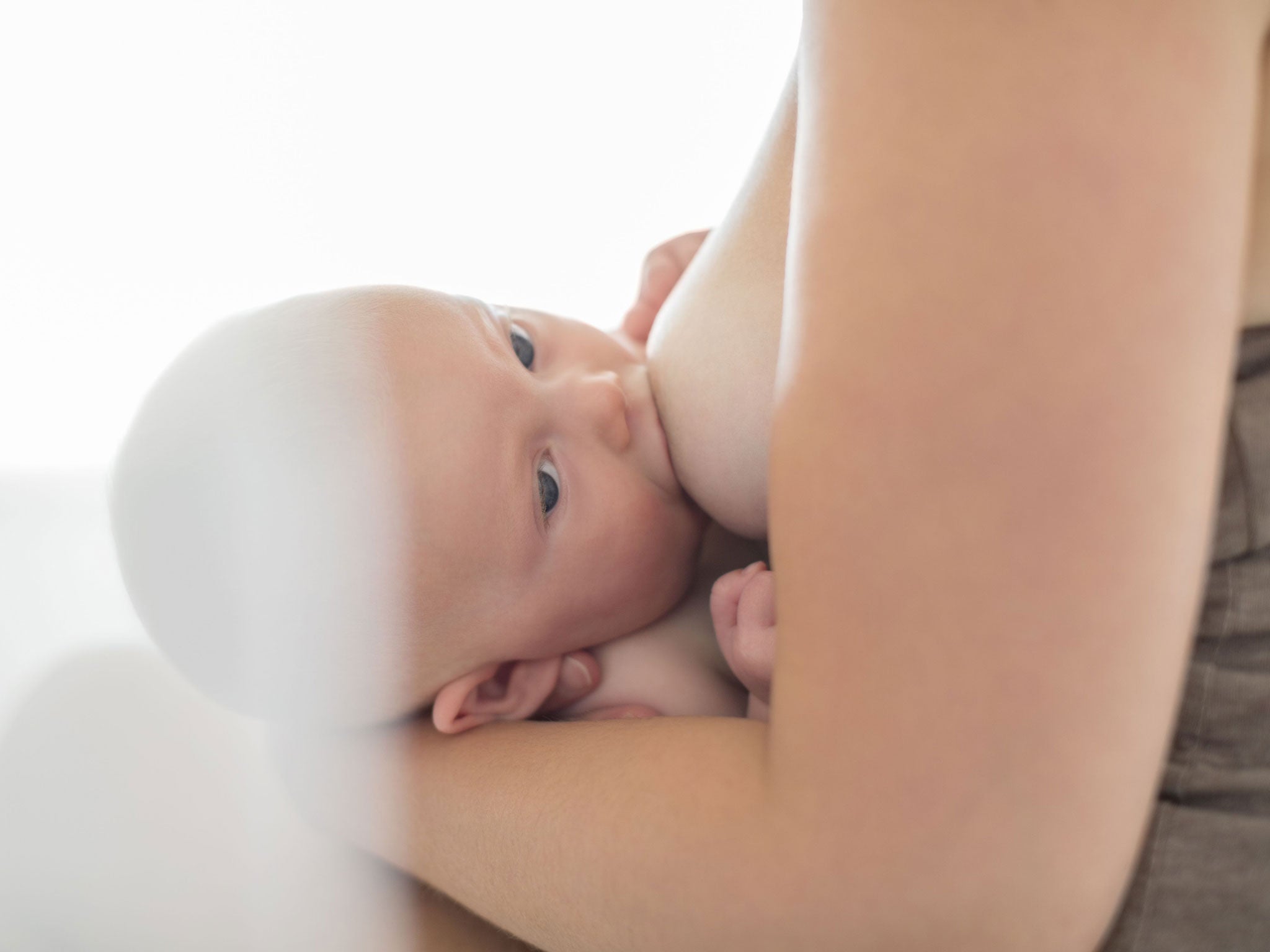'Victorian' BBC slammed for editing out nipples in coverage of breastfeeding health issue
Interviewee asked to redo 'graphic' answer on BBC Breakfast

Your support helps us to tell the story
From reproductive rights to climate change to Big Tech, The Independent is on the ground when the story is developing. Whether it's investigating the financials of Elon Musk's pro-Trump PAC or producing our latest documentary, 'The A Word', which shines a light on the American women fighting for reproductive rights, we know how important it is to parse out the facts from the messaging.
At such a critical moment in US history, we need reporters on the ground. Your donation allows us to keep sending journalists to speak to both sides of the story.
The Independent is trusted by Americans across the entire political spectrum. And unlike many other quality news outlets, we choose not to lock Americans out of our reporting and analysis with paywalls. We believe quality journalism should be available to everyone, paid for by those who can afford it.
Your support makes all the difference.The BBC has been accused of being too “embarrassed” and “Victorian” to cover public health issues properly, after it emerged that an interview about breastfeeding was edited to avoid mentioning nipples.
Earlier this year the current affairs programme BBC Breakfast covered a story about tongue-tie – a serious congenital condition that affects up to 10 per cent of babies.
The condition makes it difficult for the child to attach properly to its mother’s breast, and sore or damaged nipples are the number one symptom used by medical practitioners to diagnose the problem.
BBC Breakfast covered the story throughout the morning on 18 February, but when an interviewee mentioned that nipples could become damaged and bleeding they were asked to redo their answer because the content was too “graphic”.
Suzanne Barber, a midwife and chair of the Association of Tongue-tie Practitioners, told The Independent that the incident was an example of the BBC’s “Victorian attitude” to matters of public health.
“The BBC's embarrassment means the breast remains the preserve of sex and titillation, rather than child rearing or public health,” she said.
“We try to talk in plain English in the NHS - why can’t we do that in the media?”
Ms Barber said that while it was good to see the issue of tongue-tie covered at all, the “very generalised” discussion undermined the BBC’s role as a public service broadcaster.
“It didn’t really give a full picture of the enormity of the problems women face, so many of the concerns were played down or outright dismissed.”
The World Health Organisation suggests mothers breastfeed exclusively for the first six months and then in conjunction with other feeding methods for the first two years of a baby’s life – but it can be a challenge to meet these targets when issues like tongue-tie go undiagnosed.
Embarrassment discussing the details “doesn’t help”, Ms Barber said, because “if they’re not going to talk about the symptoms it limits what they can do”.
The issue came to light after the BBC’s interviewee mentioned on Facebook that she was asked to re-record her answer, and was exposed by the website politics.co.uk. The Facebook post has since been taken down.
The broadcaster’s online article on the issue, also posted on 18 February, mentioned no symptoms beyond a mother saying tongue-tie can make breastfeeding “painful”.
Ms Barber said: “Let’s be honest about the facts, about the information, and get that across rather than saying we can’t talk about it and we can’t get to the heart of an embarrassing issue.
“We’re all a bit staid about our bodies – but when it comes to health of a woman and a newborn baby I think that takes priority.”
The BBC issued a statement saying it had no specific policy relating to mentioning “nipples”.
A spokesperson said: “We always think very carefully about the language and images we use and the BBC has guidelines we follow depending on the context of a story and when and where it is being aired.”
Join our commenting forum
Join thought-provoking conversations, follow other Independent readers and see their replies
Comments